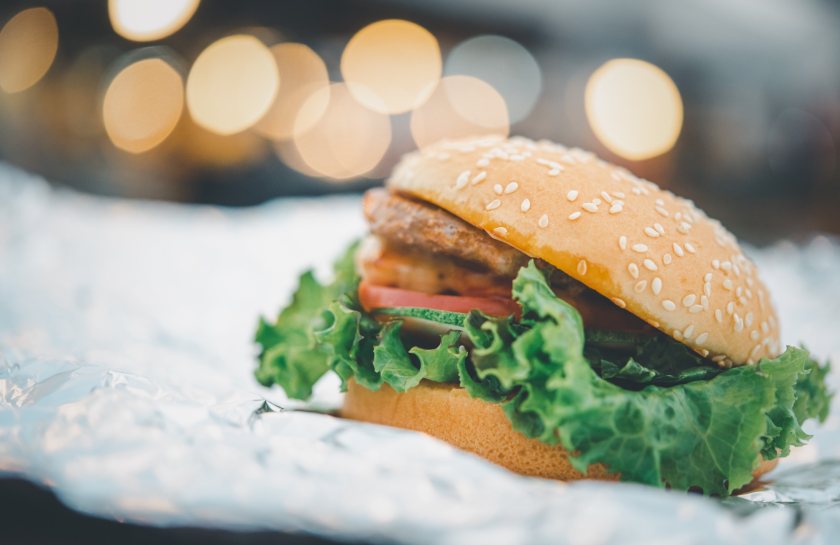Warwick Students' Union drops vegan pledge due to financial challenges

Warwick Students’ Union (SU) has confirmed it will no longer be implementing a fully plant-based catering service by 2027, citing financial challenges.
The decision, made by the unions’ Board of Trustees, comes despite the passing of a motion last year that requested all SU outlets provide 100% plant-based food by the start of the 2027/2028 academic year.
In a statement, the SU explained that the decision took place after “careful consideration of the practical and financial challenges” associated with such a “significant” transition.
The statement added it needed to be “realistic about the changes we make” and emphasised the need to be “financially sustainable and considerate of the diverse needs of our student community.”
The decision will likely be a blow to campaigners from the Plant-Based Universities group, an offshoot of Animal Rising, who are lobbying universities to ban meat and dairy in favour of vegan menus.
The Countryside Alliance, which has pushed back by encouraging students across the UK to back British farming of all sectors, said it was a 'sensible decision' by Warwick's SU.
"There is no justification for banning meat and dairy and the demands in the original motion were unsustainable," said Mo Metcalf-Fisher, director of external affairs for the group.
"Going forward, Warwick should look to work with local producers, sourcing sustainable meat and dairy from local farmers.
"This is a practical way of reducing emissions and does not favour any one dietary preference”.
At the time, concerns were raised on whether forcing a vegan diet upon Warwick’s 28,621 students was fair, after only 2.7% of the student body took part in the vote.
Even on a low turnout, the vote only narrowly passed with 774 students voting in favour of the motion, 518 voting against and 180 students abstaining.
The news from Warwick comes at a time when consumer attitudes show a move away from plant-based foods.
Nestlé recently announced it was withdrawing its vegan ranges - Garden Gourmet and Wunda - from sale in the UK, saying the products were simply “not viable”.
And last May, British sausage company Heck announced it was reducing its range of meat-free products, citing a lack of consumer appetite.








